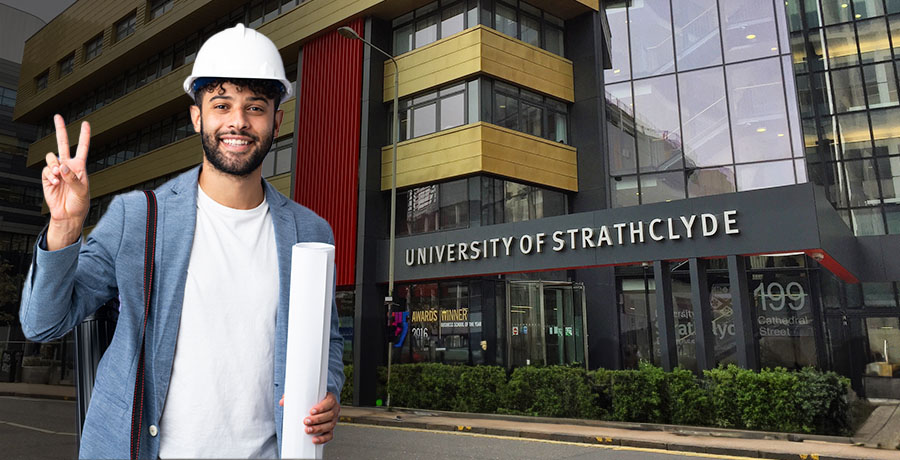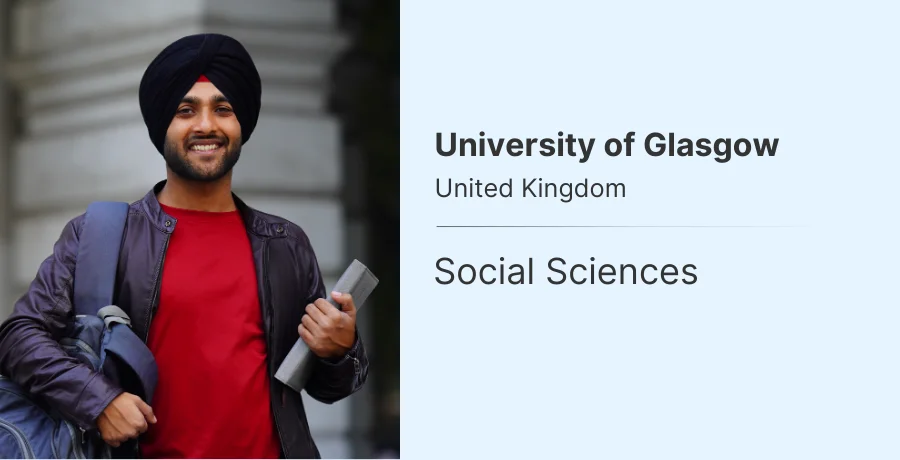Table of Contents
- Engineering at The London School of Economics and Political Science UK – Highlights
- Why Study Engineering at The London School of Economics and Political Science UK?
- The London School of Economics and Political Science Engineering Rankings
- The London School of Economics and Political Science Engineering Acceptance Rate
- Popular Engineering Courses at The London School of Economics and Political Science UK
- Admission Requirements to Engineering at The London School of Economics and Political Science UK
- Cost of Engineering at The London School of Economics and Political Science UK for Indian Students
- Scholarships at The London School of Economics and Political Science UK
- Job Prospects for Engineering at UK
- FAQs – Engineering at The London School of Economics and Political Science UK
Engineering at The London School of Economics and Political Science UK – Highlights
The London School of Economics and Political Science (LSE) is renowned for its exceptional academic programs and vibrant campus life. Located in the heart of London, LSE offers a unique blend of rigorous coursework and hands-on experience in the field of engineering. Students benefit from the university's state-of-the-art facilities and its proximity to some of the world's leading engineering firms.
The engineering program at LSE is designed to equip students with the skills and knowledge needed to excel in today's fast-paced technological landscape. With a focus on both theoretical and practical learning, students are prepared to tackle real-world challenges and contribute to innovative solutions. The diverse and inclusive environment at LSE also ensures that students from all backgrounds feel welcome and supported.
Why Study Engineering at The London School of Economics and Political Science UK?
Studying engineering at LSE offers numerous advantages, including access to world-class faculty, cutting-edge research opportunities, and a vibrant student community. The university's strategic location in London provides students with unparalleled networking opportunities and exposure to industry leaders. Additionally, LSE's strong emphasis on interdisciplinary learning ensures that students gain a well-rounded education that prepares them for diverse career paths.
- Top-tier faculty and resources
- Strategic location in a global city
- Strong focus on interdisciplinary learning
- Diverse and inclusive student community
The London School of Economics and Political Science Engineering Rankings
| Ranking Agency | Rank |
|---|---|
| US News and World Report | 15 |
| QS World University Rankings | 12 |
| Times Higher Education (THE) | 10 |
| Academic Ranking of World Universities (ARWU) | 18 |
The London School of Economics and Political Science Engineering Acceptance Rate
- The acceptance rate for engineering programs at LSE is highly competitive.
- With an acceptance rate of around 9-10%, only the most qualified applicants are admitted.
- Prospective students are encouraged to submit strong applications to increase their chances of acceptance.
Popular Engineering Courses at The London School of Economics and Political Science UK
- Bachelor's Programs:
- BSc in Civil Engineering: This program covers the fundamentals of civil engineering, including structural analysis, materials science, and construction management.
- BSc in Mechanical Engineering: Students learn about mechanics, thermodynamics, and robotics, preparing them for careers in manufacturing and design.
- Master's Programs:
- MSc in Electrical Engineering: This program focuses on advanced topics in electrical engineering, including circuit design, signal processing, and telecommunications.
- MSc in Environmental Engineering: Students study sustainable engineering practices and learn how to address environmental challenges through innovative solutions.
Admission Requirements to Engineering at The London School of Economics and Political Science UK
Admission to the engineering programs at LSE is highly competitive and requires a strong academic background and relevant experience.
- Entry Requirements:
- Completion of The London School of Economics and Political Science Engineering entrance exam.
- Meeting The London School of Economics and Political Science Engineering entry requirements.
- Eligibility Criteria:
Applicants must have a high school diploma or equivalent with excellent grades in relevant subjects. In addition, they should demonstrate a strong interest in engineering through extracurricular activities, internships, or previous coursework.
For postgraduate programs, a bachelor's degree in a related field is required, along with relevant work experience or research experience in engineering.
- Documents Required:
- Completed application form
- Official transcripts from previous institutions
- Letters of recommendation
- Personal statement
- Resume/CV
- Proof of English proficiency (if applicable)
- Proficiency Test:
Applicants whose first language is not English must submit proof of English proficiency through standardized tests such as IELTS, TOEFL, or PTE. Minimum score requirements vary by program.
- Visa Process:
- Obtain a Confirmation of Acceptance for Studies (CAS) from LSE.
- Apply for a Tier 4 (General) student visa.
- Provide necessary documentation, including proof of financial stability.
- Attend a visa interview (if required).
Cost of Engineering at The London School of Economics and Political Science UK for Indian Students
- Tuition Fees:
The tuition fees for engineering programs at LSE range from £20,000 to £30,000 per year, depending on the specific course and level of study.
- Cost of Living:
The cost of living in London can be high, with students spending an average of £12,000 to £15,000 per year on accommodation, food, transportation, and other expenses.
| Expense | Cost (per year) |
|---|---|
| Tuition Fees | £20,000 - £30,000 |
| Accommodation | £6,000 - £10,000 |
| Food & Transportation | £6,000 - £8,000 |
Scholarships at The London School of Economics and Political Science UK
LSE offers a variety of scholarships to support international students, including those from India, in achieving their academic goals.
- Top Scholarships:
- LSE Undergraduate Support Scheme: Provides financial assistance to undergraduate students based on need and merit.
- Graduate Support Scheme: Offers funding to postgraduate students to help cover tuition fees and living expenses.
Job Prospects for Engineering in UK
Graduates of engineering programs at LSE have excellent job prospects, with many securing positions in top engineering firms, government agencies, and research institutions.
| Job Title | Average Salary (per year) |
|---|---|
| Civil Engineer | £30,000 - £45,000 |
| Mechanical Engineer | £32,000 - £48,000 |
| Electrical Engineer | £33,000 - £50,000 |
FAQs – Engineering at The London School of Economics and Political Science UK
- Can I work while studying engineering at LSE?
Yes, students can work part-time while studying at LSE. The university provides various resources to help students find suitable employment opportunities.
- What are the advantages of studying engineering at LSE?
Studying engineering at LSE offers access to top-tier faculty, cutting-edge research opportunities, and a vibrant student community in the heart of London.
- What is the average salary for engineering graduates from LSE?
The average salary for engineering graduates from LSE ranges from £30,000 to £50,000 per year, depending on the specific field and level of experience.
- How long does it take to complete an engineering degree at LSE?
Bachelor's programs typically take three to four years to complete, while master's programs usually take one to two years.
- What exams are required for admission to engineering programs at LSE?
Applicants may need to take standardized tests such as the SAT, ACT, or GRE, depending on the program. Proof of English proficiency through IELTS, TOEFL, or PTE is also required.
- What are some popular engineering courses at LSE?
Popular engineering courses at LSE include BSc in Civil Engineering, BSc in Mechanical Engineering, MSc in Electrical Engineering, and MSc in Environmental Engineering.












